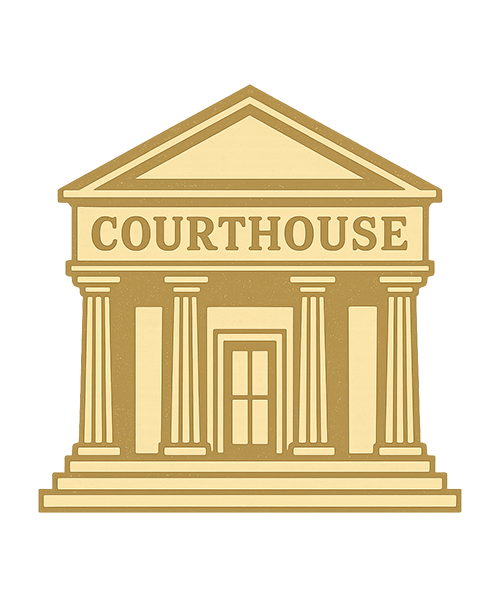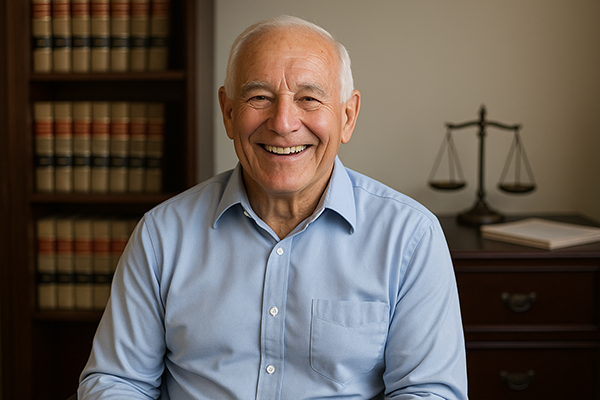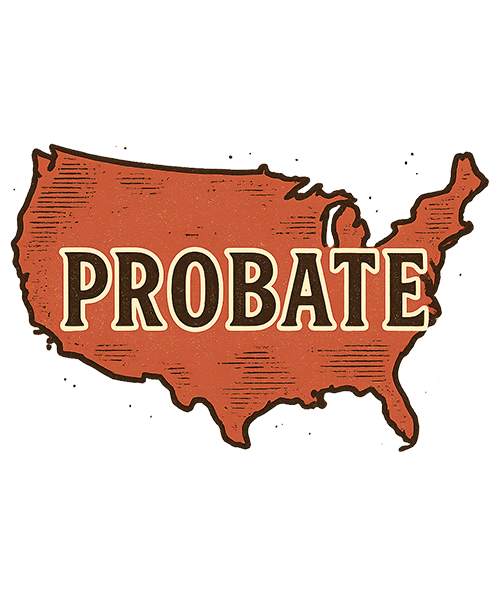
When a loved one passes away in Florida, their assets often go through a legal process called Probate Administration. This court-supervised procedure ensures that the deceased person’s debts are paid and their remaining assets are distributed to the rightful heirs or beneficiaries.
While the idea of probate can seem daunting, understanding the process can bring clarity and peace of mind during a challenging time.
Probate is essentially the legal “winding down” of a deceased person’s financial affairs. It involves:
No. Only assets in the Decedent’s sole and individual name are subject to Probate Administration. Certain assets are designed to bypass probate and transfer directly to certain beneficiaries. These typically include:

If an estate requires Formal Administration, the process generally involves these steps:
Depositing the Last Will and Testament with the Clerk of Court (if one exists). If the Decedent has a Last Will and Testament, the custodian of the Will is obligated to deposit the Will with the Clerk of Court in the County in which the Decedent resided within 10 days of being notified of the Decedent’s death, pursuant to Florida Statute section 732.901.

Obtaining a Death Certificate. The Funeral Home Director should assist the Funeral Decision Maker in applying for and obtaining both Short Form and Long Form Certifications of Death from the Florida Bureau of Vital Statistics. It is important that the information provided to the Funeral Director be accurate, as obtaining a Corrected Death Certificate can take a considerable amount of time and effort.
Filing the Petition: An interested party files a Petition for Administration, and other various initial pleadings, with the Circuit Court in the County where the Decedent resided. If a Last Will and Testament exists, it is submitted to the Court for validation.
Appointment of Personal Representative: The Court appoints a Personal Representative (executor) to manage the estate. This person is typically named in the Last Will and Testament or, if there’s no Will, appointed according to Florida’s Laws of Intestacy.
Inventory and Appraisal of Assets: The Personal Representative identifies, gathers, and creates a detailed inventory of all probate assets, which may require various appraisals to determine their date-of-death market value.
Payment of Debts and Taxes: Valid debts of the Decedent, funeral expenses, medical expenses, and any applicable federal or state taxes are paid from the estate’s assets.
Final Accounting and Distribution to Beneficiaries: The Personal Representative provides a final accounting of all transactions during the Probate Administration to the Court and Beneficiaries for approval. Once approved, the remaining assets, if any, are distributed to the Beneficiaries of the estate. The estate can be closed, and the Personal Representative discharged.
If a non-resident of Florida dies owning assets in Florida (such as a vacation home), an Ancillary Probate Administration may be necessary in Florida, in addition to the probate conducted in their home state. This ensures proper transfer of the Florida assets. The type of Ancillary Probate Administration that will be required follows the same rules set forth in “Types of Probate Administration in Florida”, above.

Probate law in Florida can be complex. While the general steps are outlined above, numerous legal issues can arise, even in seemingly straightforward estates. A Florida probate attorney can provide invaluable guidance by:
Navigating the probate process can be emotionally and legally challenging. Engaging an experienced Florida probate attorney can help streamline the administration, minimize potential complications, and provide peace of mind during a difficult time.
Ensure peace of mind by proactively managing your estate planning, probate, and guardianship needs. Contact our Clearwater Trusts and Estates attorneys today for your free consultation at 866-9-Battle or visit us online at BattleLaw.com.
Tags: Probate Clearwater, Probate Attorneys Tampa Bay, Probate Lawyer Florida, Probate Litigation Clearwater, Battle Law Probate Lawyers, Tampa Bay Probate Lawyers.